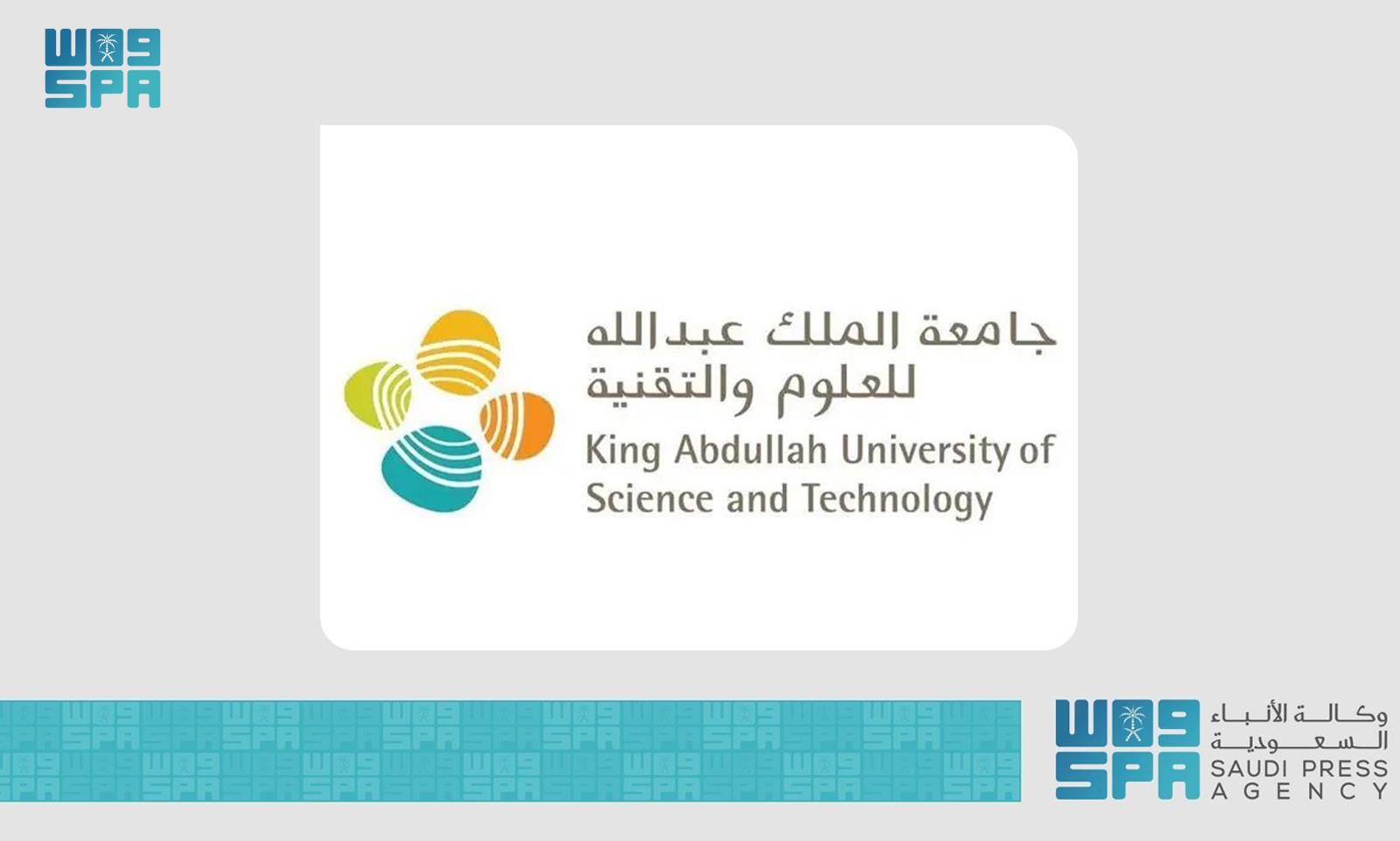Saudi KAUST Leads International Research Study on Plant Biodiversity in Arid Climates

Jeddah, August 18, 2024, SPA -- King Abdullah University of Science and Technology (KAUST) has led an international research study on the biodiversity of plant cover in arid climates.
The research, published in the scientific journal Nature, uncovers an unexpected variety of ways in which plants adapt to extreme conditions.
According to KAUST, arid and semi-arid rangelands boast a remarkable variety of plant strategies for surviving drought and grazing. This functional diversity is crucial for understanding how these ecosystems will respond to climate change and human pressure.
Professor Fernando Maestre, the study’s lead researcher from KAUST’s Environmental Science and Engineering program, said that by analyzing over 300 plant species on six continents, the team uncovered a hidden world of plant adaptations. The study also focused on elements essential for plant growth, such as calcium, magnesium, sodium, and zinc, which have been largely overlooked in previous research.
The findings challenge the conventional wisdom that harsher environments lead to simpler ecosystems. Instead, the researchers discovered that plant diversity actually increases in the most arid and heavily grazed areas. This suggests that these ecosystems are hotbeds of evolutionary innovation.
“These results highlight the importance of conserving arid lands, which are often undervalued,” said Maestre.
“Understanding the incredible diversity of plants in these regions is essential for developing effective strategies to mitigate the impacts of climate change and land use change.”
KAUST plans to expand this research to Saudi Arabia's arid and hyper-arid ecosystems, providing valuable insights for future reforestation efforts and environment management.
-- SPA





